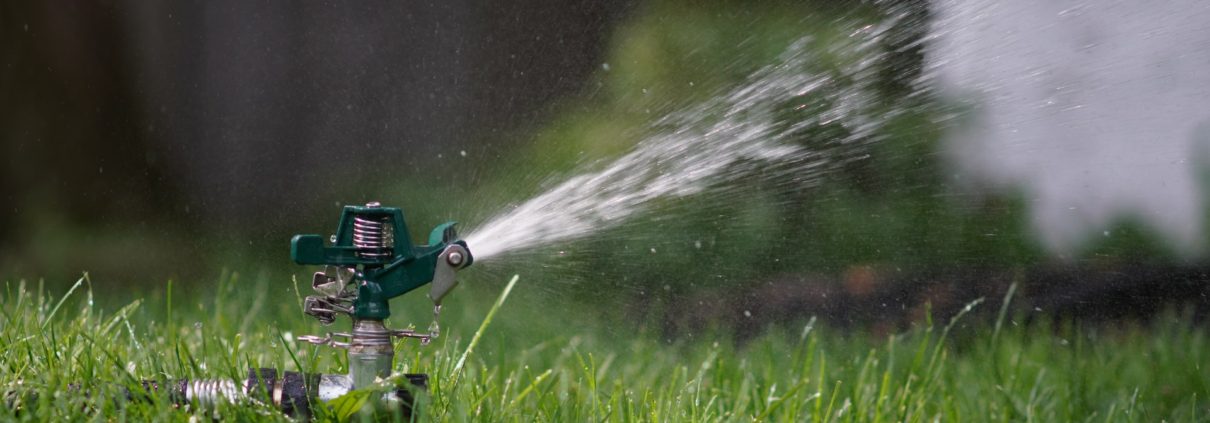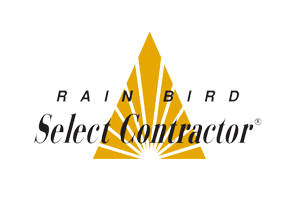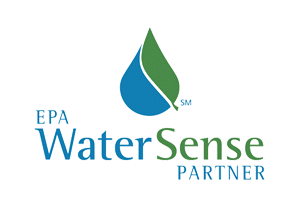How Irrigation Systems Help Your Plants and Crops Thrive
Water is a necessary resource for the survival and prosperity of all living organisms on our planet. As humans, we have always strived to find means to make the most of available water resources to sustain our lives and support various economic activities.
One such critical activity is agriculture, which forms the backbone of our food supply chain. Agriculture is heavily dependent on a consistent and efficient water supply, and that is where irrigation installation comes into play. This post will delve into the importance of having an irrigation system and its multiple benefits for agriculture, the environment, and our society.
The Need for Irrigation Systems
Agriculture accounts for a significant portion of the total freshwater consumption worldwide, and its demand is only expected to increase with the growing population. The primary source of water for agriculture comes in the form of precipitation, like rainfall and snowfall.
However, natural precipitation is often unreliable and insufficient to consistently meet the water requirements of crops. This is where irrigation systems prove to be indispensable by providing a well-regulated and consistent water supply to crops, securing healthy growth and high yields.
Benefits of Irrigation Systems
1. Enhanced Crop Yields and Quality
One of the most prominent benefits of having an irrigation system is the significant improvement in crop yields and quality. Irrigation ensures crops receive an adequate and consistent water supply, preventing water stress and promoting optimal growth.
As a result, irrigated crops tend to grow healthier and produce higher yields than non-irrigated crops. Moreover, irrigation improves crop quality by reducing the risks associated with drought stress, pest infestations, and disease occurrences.
2. Water Conservation
While it may seem counterintuitive, irrigation systems can actually help conserve water. Traditional irrigation methods, such as flood irrigation, are highly inefficient and result in significant water wastage through evaporation, runoff, and deep percolation.
Modern irrigation systems, such as drip and sprinkler irrigation, are designed to minimize water usage by delivering water directly to the root zones of plants, thereby reducing wastage and ensuring optimal water utilization. This not only helps conserve water resources but also reduces the overall cost of cultivation.
3. Soil Conservation and Improved Soil Health
Irrigation systems can also contribute to soil conservation and improved soil health. Excessive watering can lead to soil erosion and the leaching of vital nutrients from the soil, causing a decline in soil quality and negatively impacting crop growth.
The latest irrigation innovations help maintain optimal soil moisture levels and prevent soil erosion by minimizing water runoff. This, in turn, helps preserve soil structure and fertility, ensuring sustainable agricultural practices and long-term productivity.
4. Reduction in Labor and Energy Costs
Manual watering can be labor-intensive and time-consuming, particularly for extensive gardens or agricultural fields. But irrigation systems can significantly save labor and energy costs associated with agricultural production.
Automated irrigation systems can significantly reduce the labor required for manual watering and other irrigation-related tasks. In addition, modern irrigation systems are designed to operate more efficiently, requiring less energy input compared to traditional irrigation methods. This can translate into substantial cost savings for farmers and contribute to the overall profitability of their agricultural enterprises.
5. Climate Resilience and Adaptation
Climate change poses significant challenges to agriculture worldwide, with increasing instances of extreme weather events, such as droughts and floods, affecting crop production.
Irrigation systems enable you to maintain a consistent water supply to your plants even during drought, ensuring they continue growing and thriving. Practicing efficient irrigation methods, such as drip or trickle irrigation, can help conserve water resources during times of scarcity.
Conclusion
An irrigation system is paramount for sustainable agriculture and food security. As the global population continues to rise and the impacts of climate change intensify, it is essential for farmers, policymakers, and stakeholders to invest in and promote the adoption of modern, efficient, and sustainable irrigation systems to safeguard our food supply and ensure the well-being of our planet and future generations.
To maintain a vibrant and flourishing landscape throughout the year, consider having Charlotte Lighting & Hardscapes design and set up an irrigation system for you. With over two decades of expertise in irrigation installation in Charlotte, we can cater to various needs, including lawns, gardens, shrubs, crops, and flowers. Reach out to us today for a free quote.






